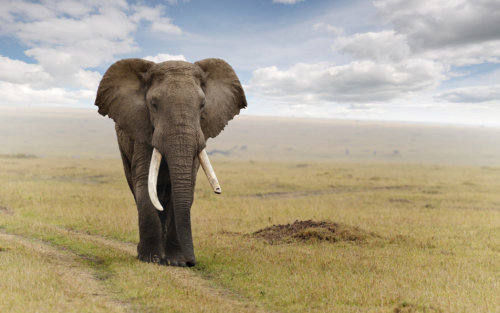Is Wildlife Farming the Beginning or the End of Threatened Species?
The somewhat paradoxical idea of farming wildlife is not a new notion; humans have farmed wild seafood for some 8,000 years and in more recent memory, foxes and minks were farmed to offset the demand of the fur industry. But in the last decade or so, the bushmeat crisis (as it is officially known) in West Africa has reached alarming new heights as demand for rare and exotic proteins has increased.
The idea behind wildlife farming is a seemingly straightforward one: endangered species are raised domestically and sold to protect the same species living in the wild, thereby reducing stressors on truly wild populations and keeping ecosystems in tact. Experts in public health and food security see the model as an opportunity to improve rural economies and reduce disease spread through meat consumption.
But the strategy also has a great deal of opponents. While wildlife farming is often framed as a conservation effort, there are many who feel it is a bastardization of what conservation truly is. Others have appealed to economic models to demonstrate the precarious optimism of wildlife farming– namely that raising wildlife, especially vulnerable populations of endangered wildlife, requires specialized habitats that are expensive to maintain. Consequently, the cost of the sustainably-raised wildlife is far greater than that caught in the wild, ensuring consumers will always select the cheaper, wild-caught option. In addition, a condemning survey of previous efforts to farm wildlife found that– by and large– these types of propositions aren’t particularly successful in restoring and protecting native populations.
In many ways, wildlife farming ignores the root of the problem: unsustainable consumption. Bush meat is deeply embedded in the politics and economics of post-colonization, as well as the right of indigenous populations to the wildlife on their land. For local populations, bushmeat has long been a source of nutrition– but as globalization has opened up avenues of trade, bushmeat has become an international, exotic, highly sought after commodity. Wildlife farming is an attempt to abate this heightened pressure for production– but the question at the end of the day seems to be: For the health of our planet, should we be consuming these species at all?



































